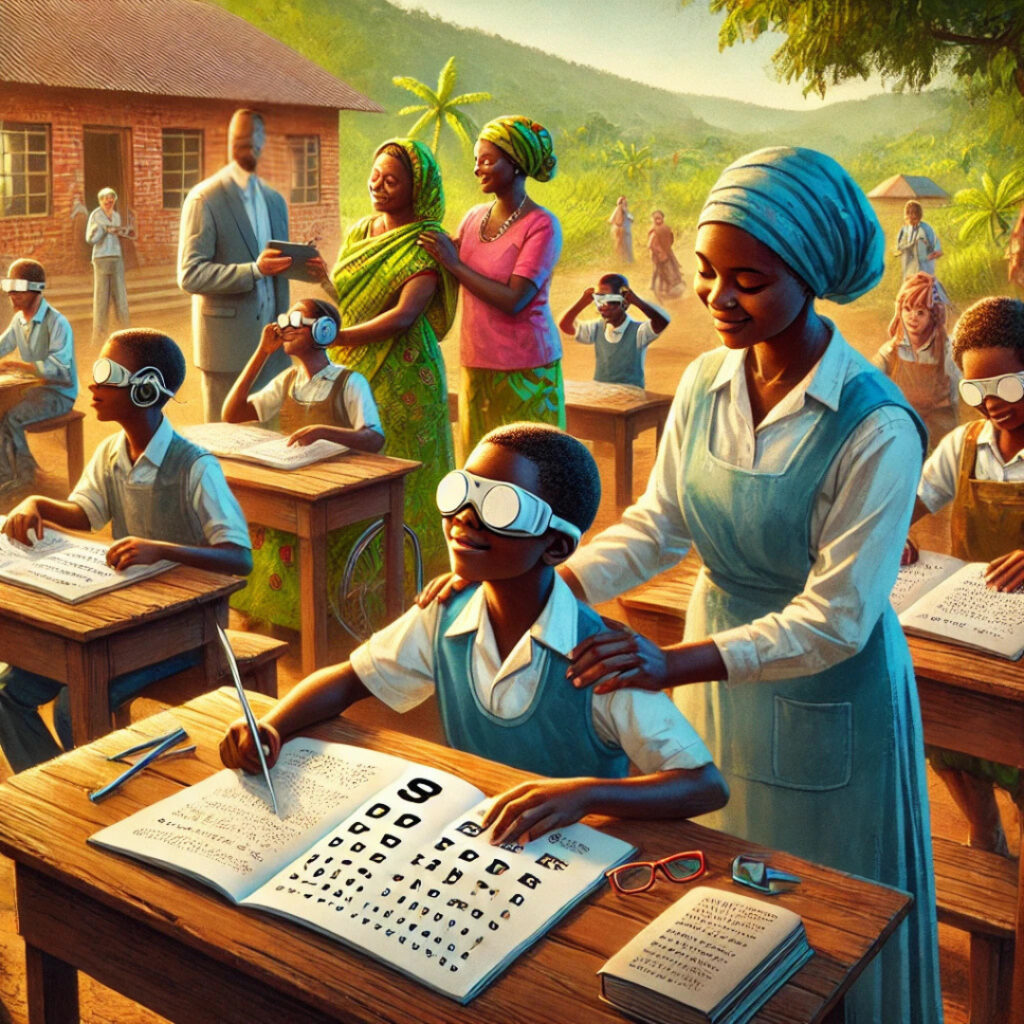Invisible Struggles: The Realities of Children Living with Disabilities in Nigeria

In Nigeria, millions of children with disabilities face challenges that remain unseen. One of the most heartbreaking is cerebral palsy, a neurological condition affecting movement, posture, and coordination. For children like Nadia, a 7-year-old girl with cerebral palsy, life is a constant struggle against exclusion and a lack of opportunities. Her story is not unique—it reflects the reality of many children with disabilities in Nigeria who are often denied basic rights and seen as burdens rather than individuals with potential.
Nadia’s Struggle: A Child’s Desire for Acceptance
Nadia’s world is confined to a small room in Akure, Ondo State. Despite her intelligence and spirit, she faces rejection daily. Simple activities like playing with friends and going to school remain out of reach. When her mother attempted to enroll her in school, she was turned away—schools lacked accessible facilities and trained teachers. Like many children with disabilities, Nadia remains trapped in a cycle of exclusion.
The Stark Reality for Children with Cerebral Palsy in Nigeria
The World Health Organization (WHO) estimates that 17 million people globally live with cerebral palsy, but in Nigeria, accurate data is scarce due to underreporting. The National Population Commission estimates that 3 million Nigerians live with disabilities, many of them children with cerebral palsy.
Despite these numbers, children with cerebral palsy are often marginalized due to inadequate policies and inaccessible infrastructure. Beyond physical barriers, they endure emotional struggles from continuous rejection.
The Lack of Accessible Education
Education is a fundamental right, yet many Nigerian children with disabilities are excluded from formal schooling. UNESCO reports that over 30% of children with disabilities in Nigeria lack access to education. Schools are often unequipped with ramps, assistive devices, and trained personnel. As a result, many children either stay out of school or drop out due to persistent obstacles.
Social Stigma and Isolation
Stigma surrounding disabilities in Nigeria worsens the struggles of children like Nadia. Many believe disabilities are a curse or punishment, leading to social exclusion. Families face discrimination, and children with disabilities often experience low self-esteem and depression due to societal rejection. This lack of acceptance deprives them of opportunities for social interaction and community engagement.
A Call for Change: Building an Inclusive Society
To support children with disabilities, urgent action is needed:
1. Promote Inclusive Education
Nigeria must prioritize inclusive education by equipping schools with accessible facilities, assistive technologies, and trained staff. Awareness campaigns can help shift mindsets and foster acceptance in schools.
2. Challenge Social Stigma
We must challenge harmful stereotypes through education and media representation, portraying children with disabilities as valued members of society.
3. Create Accessible Spaces
Public spaces, transport, and healthcare facilities must be disability-friendly, ensuring children with cerebral palsy can participate fully in society.
4. Support Families
Families need emotional, financial, and social support, including counseling, financial aid, and community programs to integrate children with disabilities into society.
A Future of Hope and Inclusion
A truly inclusive society values every child, regardless of ability. Nadia’s story is a call to action—it’s time to move from exclusion to acceptance, ensuring children with disabilities are celebrated for their potential.
Partner with EMTAG Foundation to make this vision a reality. Together, we can build a world where no child is left behind.
Written by Adenireti Ademoye